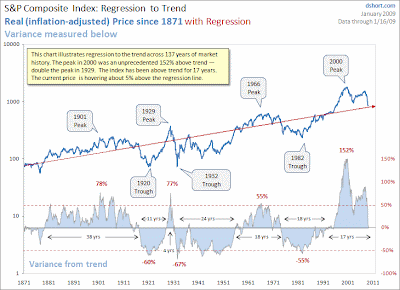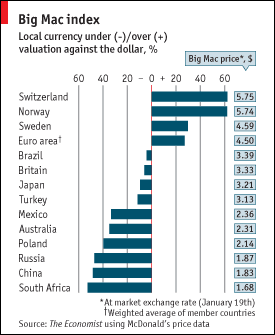 One of the criticisms of private equity is its secrecy or as the fund managers may prefer to say, "Their below the radar approach." Privacy is why some owners choose to raise capital from private investors rather than expose themselves to the scrutiny and criticism of the public market. This approach certainly works for Maple Leaf Sports & Entertainment Ltd. (MLSE).
One of the criticisms of private equity is its secrecy or as the fund managers may prefer to say, "Their below the radar approach." Privacy is why some owners choose to raise capital from private investors rather than expose themselves to the scrutiny and criticism of the public market. This approach certainly works for Maple Leaf Sports & Entertainment Ltd. (MLSE).Maple Leaf Sports (MLSE) is the owner and operator of the Toronto Maple Leafs National Hockey League team, Toronto Raptors National Basketball Association team, Toronto FC Major League Soccer team, and Toronto Marlies American Hockey League team—all based in Toronto, Ontario, Canada. In addition to owning these franchises as well as Leafs TV and Raptors NBA TV (the official television stations of the Maple Leafs and Raptors respectively), MLSE is also involved in property management, including ownership of the Air Canada Centre, the home arena of the Maple Leafs and Raptors.
Quite a private company.
The owners are top private equity companies and others:
- 58% – Ontario Teachers' Pension Plan
- 20.5% – Kilmer Sports Inc. owned by Larry Tanenbaum. (Their boardroom boasts the biggest collection of basketball sneakers in the biggest sizes I have ever seen.)
- 20.5% – Kilmer Sports Inc. owned by Larry Tanenbaum. (Their boardroom boasts the biggest collection of basketball sneakers in the biggest sizes I have ever seen.)
- 14% – TD Bank Financial Group, through TD Capital Group
- 7.5% - CTVglobemedia
As I listened to Richard Peddie, the CEO, speak recently, I admired his pluck at addressing a crowd of Toronto sports fans who wanted to know how MLSE can keep selling seats to losing teams.
Who is buying those seats priced at $200 plus? How much does MLSE make per year, despite losing teams? Could they pay more for players?
Richard Peddie is under no obligation to reveal anything but he did let slip that MLSE is very profitable this year. Private equity gives the business financial support but keeps the cards close to the chest and by the glowing speech by Mr. Peddie, this secrecy strategy is working very well. The fans keep buying and the money keeps flowing.









